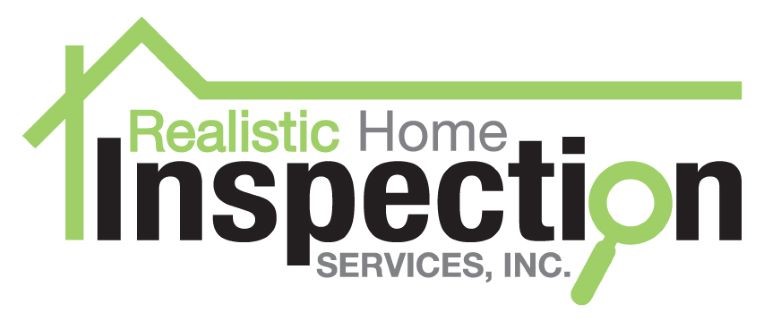So, you’ve had your home inspection, and now you have a detailed report outlining the condition of the house. The big question is: What happens next? The home inspection is a crucial step in the negotiation process. Whether you’re a buyer or a seller, knowing how to negotiate after a home inspection can make a big difference in the outcome of the deal.
Understanding Your Inspection Report
When you receive your home inspection report, it may look overwhelming. It likely contains pages of details, but not everything on that list is a deal-breaker. Some issues are minor, like chipped paint or a loose doorknob. Others, such as foundation cracks, roof leaks, or outdated electrical systems, can be significant and costly to fix.
The first step is to go through the report carefully. Focus on major issues that impact the home’s safety, functionality, or long-term value. Cosmetic concerns are typically not something you should negotiate over, especially in a competitive market. Once you have a good grasp of the necessary repairs, you can start formulating your approach.
How Buyers Can Negotiate After a Home Inspection
As a buyer, you have a few options when negotiating after a home inspection. You can ask the seller to make repairs, request a price reduction, or seek a credit at closing to cover repair costs. The best approach depends on the severity of the issues, your budget, and how much you want the home.
If you’re dealing with major structural issues, safety hazards, or expensive repairs, it’s reasonable to request that the seller address them. Some sellers may be willing to fix these problems before closing, while others may prefer to negotiate a lower price instead.
If the market is competitive, you might need to be more flexible. Some sellers may not be willing to do extensive repairs, especially if they have other interested buyers. In that case, negotiating a credit at closing could be a good compromise. This allows you to handle the repairs on your terms while still getting some financial relief.
How Sellers Can Respond
If you’re the seller, receiving a long list of requested repairs can feel overwhelming. The key is to determine which requests are reasonable and which ones you might push back on.
Addressing major safety issues or necessary repairs can make sense, especially if they could derail the sale or cause future problems. However, you don’t have to agree to everything on the list. If the buyer asks for cosmetic fixes or minor wear-and-tear items, you can negotiate to focus only on the bigger issues.
Sometimes, offering a credit instead of handling the repairs can be smart. This can streamline the process and prevent delays, especially if you’re eager to close the deal. Working with your real estate agent can help you find a fair balance between keeping the buyer happy and protecting your bottom line.
Finding Common Ground While You Negotiate After a Home Inspection
Post-inspection negotiations aim to reach an agreement that works for both parties. Buyers want to ensure they’re not inheriting costly problems, and sellers want to close the deal without unnecessary expenses.
The best approach is to be reasonable and open to compromise. If both sides dig in too much, the deal could fall apart. That’s why it’s helpful to prioritize repairs that truly matter rather than nitpicking small items.
A good real estate agent will guide you through these discussions and help find solutions that satisfy both sides. Communication and flexibility are key to keeping the transaction moving forward.
What If the Deal Falls Apart?
Sometimes, despite the best negotiation efforts, buyers and sellers can’t reach an agreement. If the issues in the home are too significant or the seller is unwilling to budge, the buyer may choose to walk away. This is why home inspections are such an important step in the home-buying process. They provide an opportunity to make an informed decision before committing to one of the biggest purchases of your life.
If you’re a seller and the deal falls through, use the inspection report as a guide. Consider making key repairs before putting the home back on the market to avoid similar issues in future negotiations. This can make your home more attractive to the next potential buyer.
Negotiating after a home inspection is all about finding a fair solution. By understanding your report, prioritizing important repairs, and keeping an open mind, you can navigate this process with confidence and move toward a successful closing.
FAQs
Can a seller refuse to make repairs after an inspection?
Yes, a seller can refuse to make repairs. However, the buyer then has the right to negotiate a price reduction or credit, or they can choose to walk away from the deal if they feel the home’s condition isn’t acceptable.
What are the most common repair requests after a home inspection?
Common requests include roof repairs, electrical issues, plumbing leaks, HVAC system concerns, foundation problems, and safety hazards like missing smoke detectors or loose railings.
Should I ask for all repairs listed in the inspection report?
Not necessarily. Focus on major issues that affect the home’s safety, functionality, or value. Cosmetic issues or minor wear and tear are usually not worth negotiating.
Realistic Home Inspection Services offers home inspections to the greater Milwaukee area. Contact us to schedule our services.

